by Richard van Pelt, WWI Correspondent
The day’s headlines in the Capital Journal forecast the crucial battles that will come to be known as The Miracle of the Marne, or the First Battle of the Marne. The German offensive, up to now loosely following the Schlieffen Plan, began to lose its momentum:
GERMANS BOTTLE UP FRENCH AND PASS ON
Instead of Attacking French Fortifications, Germans Leave Force to Hold Them While Main Army Passes On
GERMAN FORCES CONCENTRATE FOR SUPREME EFFORT
Believed Plan Is to Force General Engagement Before Tackling City of Paris
ARMIES ON BOTH SIDES TAKE NEW POSITIONS
Temporary Lull in Fighting, Though Skirmishing Continues All Along Line
DECISIVE BATTLE IS EXPECTED
French Admit German Cavalry Is Close to Outer Paris Fortifications
FRENCH CENTER HAS BEEN DRIVEN BACK
German Forces Reported as Marching to Attack Antwerp and Ghent
Reporting from London, Edward Keen writes:
The kaiser’s troops have sacrificed everything else to speed. Evidently they considered a rapid advance of capital importance. The assumption was that they deemed it vitally necessary to crush the French completely before the Russian invasion of Germany begins in full force. They have been on the march day and night, resting only during the hottest hours just before and after noon.
We are accustomed to the immediacy of news. In Iraq and Afghanistan correspondents embedded with troops reported events in close to real time. In 1914 reporters were not at the fronts and reported the news second hand, relying upon what they could glean from governments or their own sources. What Keen did not know was that Germany had inflicted a major defeat on the Russians at the Battle of Tannenberg. Fought over a four day period from August 26th to August 30th, German forces all but destroyed two Russian armies, removing Russia as an effective combatant for more than six months.
Editorially, with tongue in cheek cynicism, the paper commented on price gouging in “The Patriotic Sugar Trust”:
The examination into the cause of suddenly jumped prices, started by Uncle Samuel, has brought the sugar trust out of its hole with an explanation. It says, or its sales manager does for it:
“We went to $7.50 to discourage speculative buying by persons whose imaginations had been inflamed by newspaper talk of a coming sugar famine.”
Of course the trust did not expect to profit by the raise which was at least 50 per cent, on one of the staple food stuffs, but simply wanted to discourage speculators. It succeeded in that part of its object for there was no chance for others to speculate when the trust jumped to the job. It is encouraging, however, to know that the much maligned trust has shown such great-heartedness, and such a keen desire to protect the public morals even at the expense of its pocket book.
The investigation has also disclosed that when the war broke out the trust had an abnormally large supply of raw sugar on hand and there was no reason whatever for the rise in sugar prices, other than the fact that the trust had the public at its mercy, and its supply of mercy was abnormally small, even for a trust.



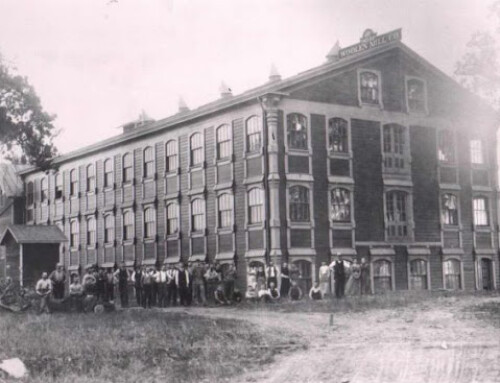
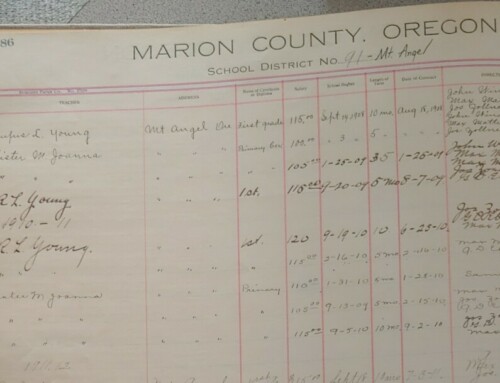
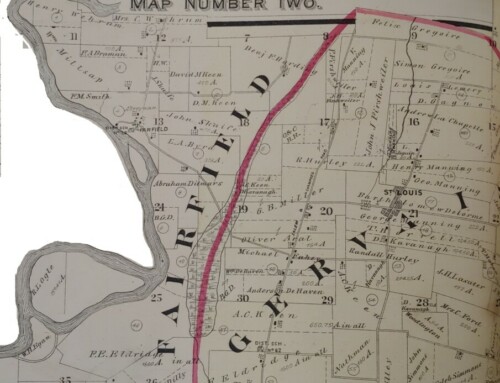
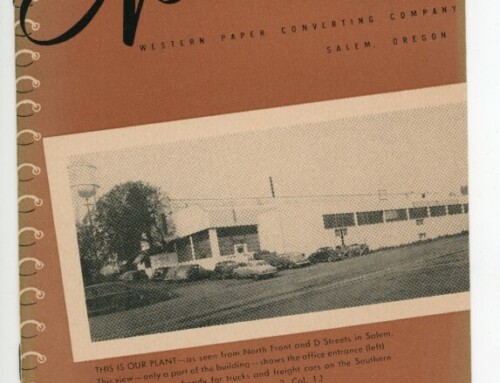
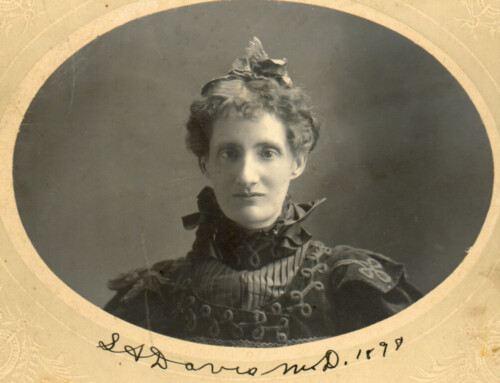
Leave A Comment